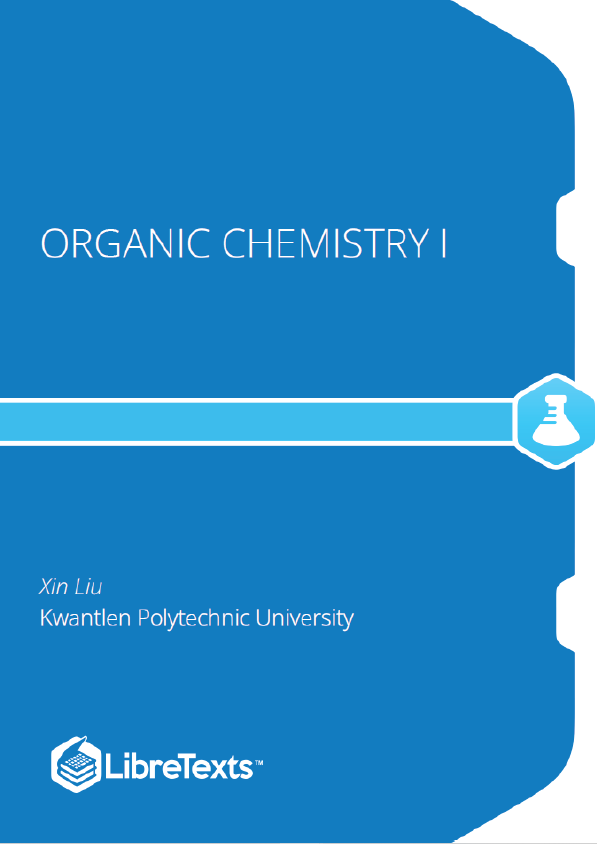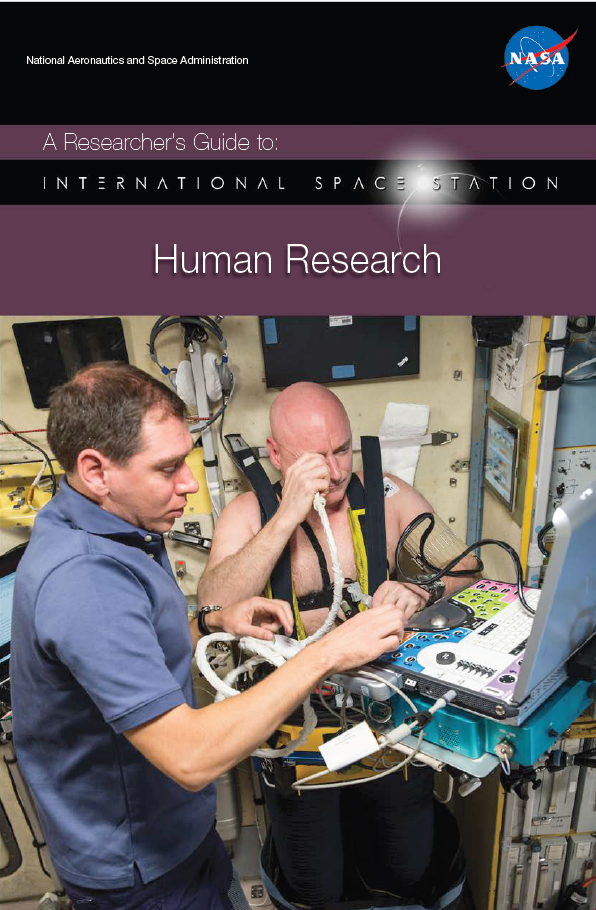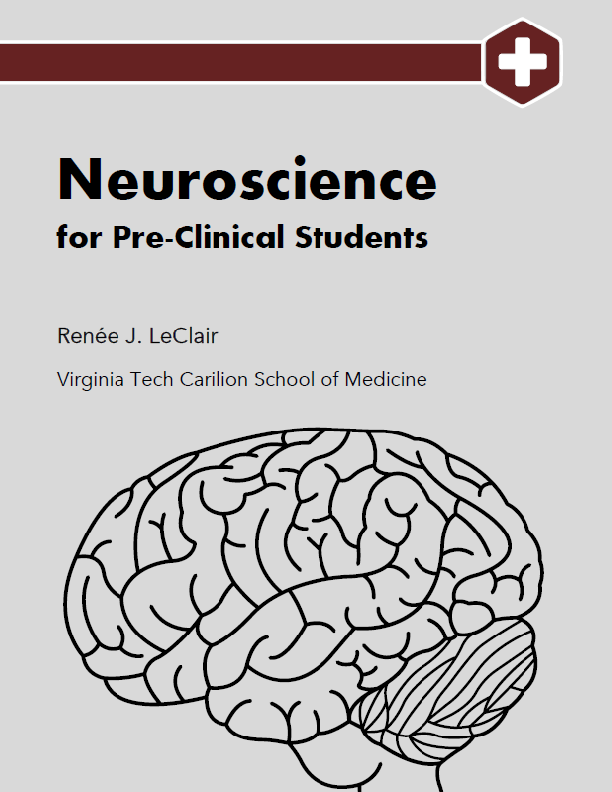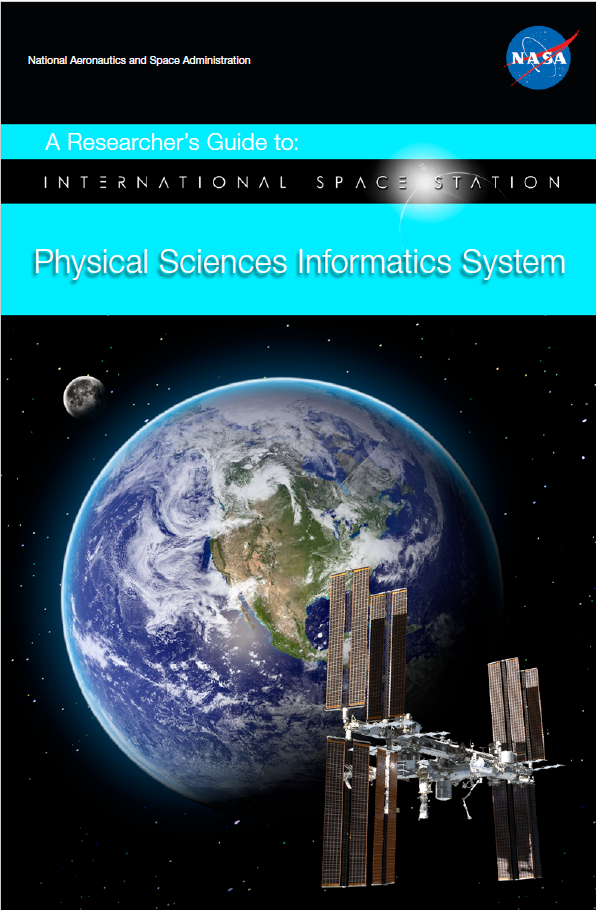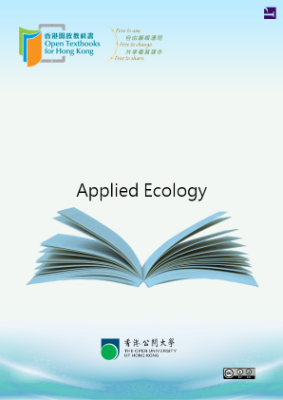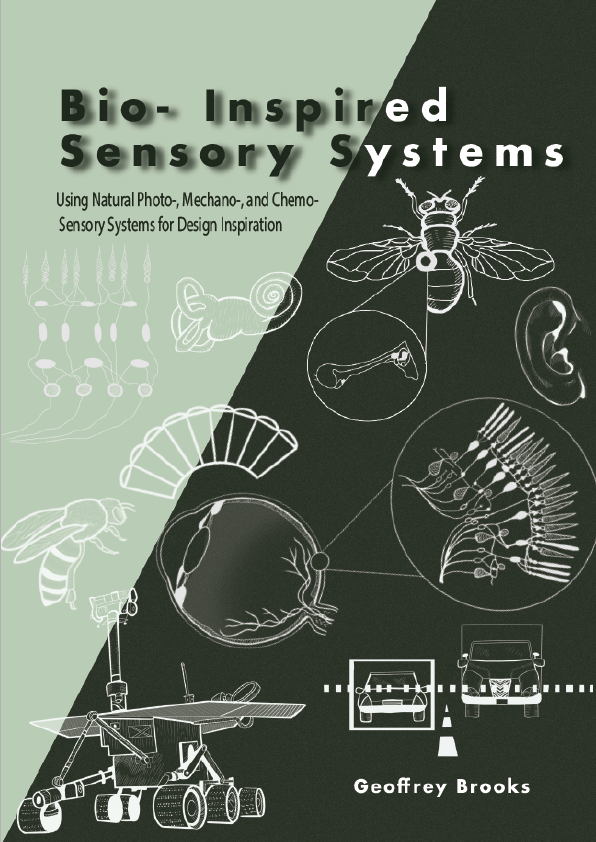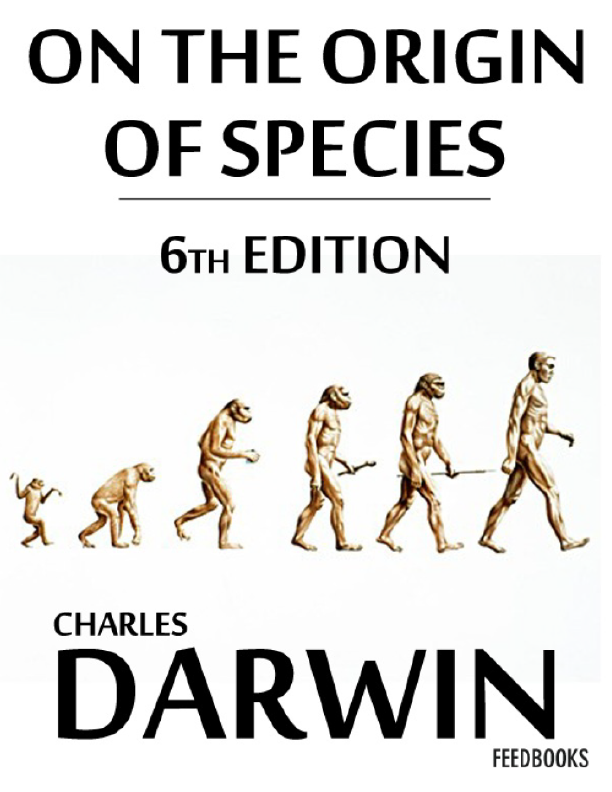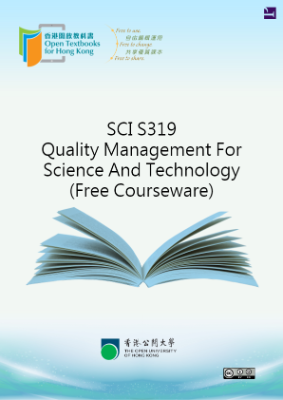What Is Organic Chemistry and Why Is It Important?
On a lovely Saturday afternoon in April, you are relaxing in a garden whilst enjoying a hot cup of coffee. Colourful spring blossoms lace the air with a pleasant aroma, and the green grass, warm sunshine and rich espresso make the afternoon a charming occasion.
Your mind begins to drift as you contemplate the combination of scents, colours and tastes that surround you in this moment, and how they make up the human experience’s unique and fascinating complexities.
If you have ever wondered about the origins of nature’s vibrant hues or the reasonings behind the alluring flavour of coffee, you would be able to find every answer within the elaborate spectrum of knowledge in the study of Organic Chemistry. Organic chemistry is the chemistry of compounds containing the carbon element: the common element of all living organisms. Anthocyanins are the pigments that give flowers their various colours, chlorophyll is responsible for the green shades of grass is involved in the photosynthesis process of plants, and caffeine is what makes coffee function the way that it does. All these substances contain carbon, and they are all organic compounds.
The root of the term organic dates back from over two hundred years ago, when its original meaning did not even involve the element of carbon. The word organic was first introduced in 1807 by Jöns Jakob Berzelius, a Swedish chemist, and was used to refer to compounds derived from living organisms. It was once believed that organic compounds could only be obtained directly from nature as they contained a mystical essence of life known as “vita force”, therefore making it impossible to create organic compounds artificially. This theory was shattered by a famous experiment conducted by German chemist Friedrich Wohler in 1828. In his experiment, Wohler successfully synthesized the crystal urea by heating ammonia and cyanic acid together. The synthesis of urea marked a new era in the history of organic chemistry, not only redefining the term organic, but also rerouting organic chemistry into a completely new scientific discipline. The contemporary definition of organic, being carbon-containing compounds, is now the scientific way of describing the term. However, it has remained true over the years that organic compounds are essential to every known lifeform, as an abundance of organic molecules constitute all living organisms.
There are two additional notes regarding the modern definition of organic. Firstly, while it is true that organic compounds are those containing the element carbon, it is important to know that not all compounds that contain carbon are organic compounds. For example, calcium carbonate (CaCO3), the primary component in certain rocks and chalk, can never be labelled as organic. Secondly, the “organic” food that is often found in supermarkets refers to the fact that the agricultural products were grown without the use of artificial pesticides, herbicides, or synthetic fertilizers, and has nothing to do with the presence of carbon in their chemical structures. This use of the word organic is possibly derived from the old definition, implying that the products came from nature, without human intervention.
